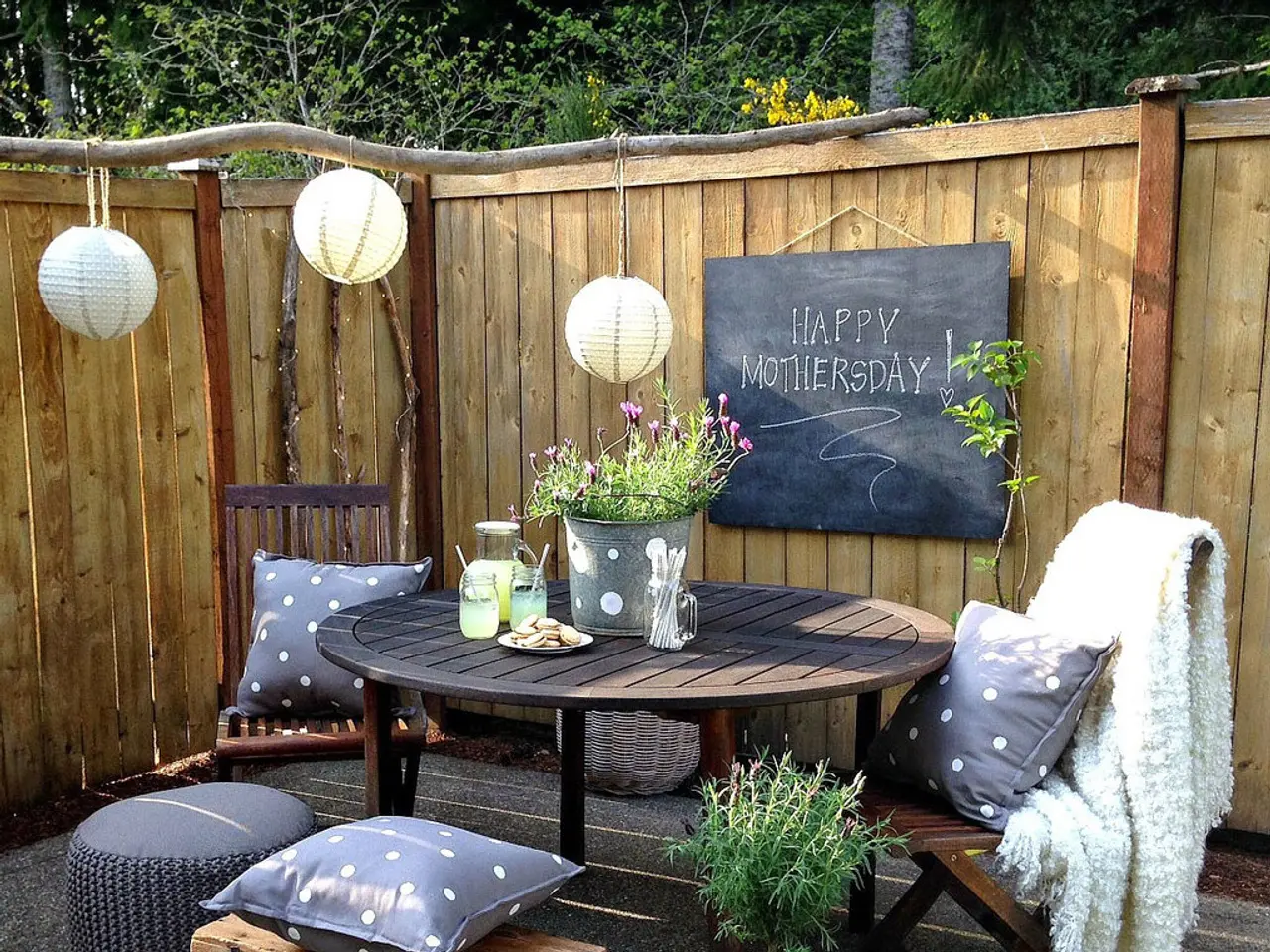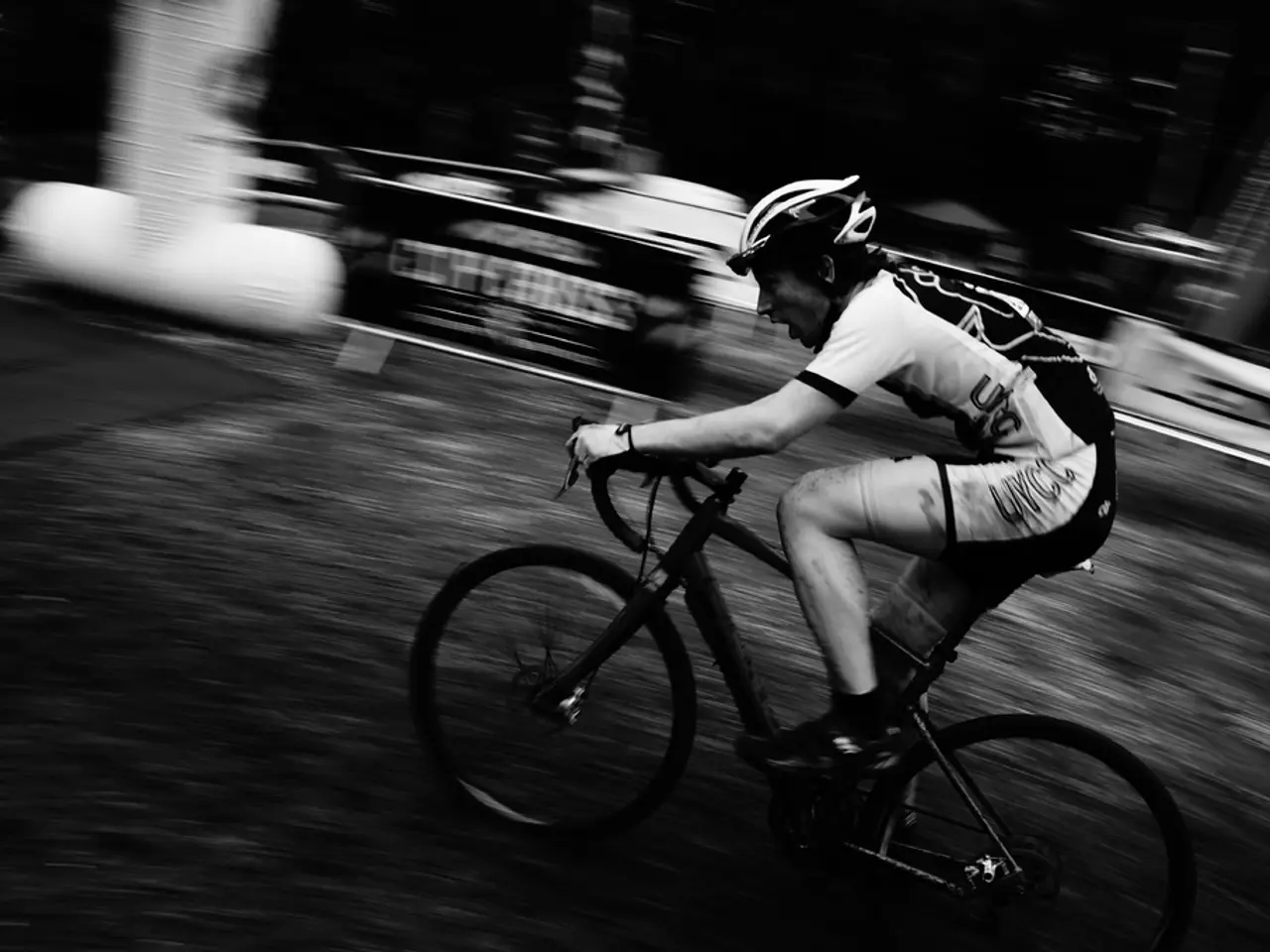Ambitious Plan for a Million Balcony Solar Power Stations Faces Challenges: Reasonability of Success Threatened
In the heart of Europe, Germany is leading the charge in renewable energy, with over 1 million balcony power plants installed in households and an additional 200,000 devices added in the first half of 2025. However, a new draft standard from the International Electrotechnical Commission (IEC) threatens to disrupt this success story.
The IEC 60364-7-751 draft standard, and its related German standard VDE 0100-751, impose stricter requirements on plug-in solar devices, often called balcony power plants. These requirements demand that such devices be installed on their own, separately fused electrical circuit, rather than being simply plugged into existing household sockets.
This regulatory change has caused significant concern in the industry. Critics argue that the new requirement for dedicated circuits and professional installation would increase costs significantly, make installation more complicated, limit accessibility for ordinary users, especially tenants and low-income households, and potentially slow down the energy transition and citizen-driven renewable energy adoption.
Bryan Liu, CEO of solar device provider Zendure, has openly rejected the proposed IEC changes, stating they would make the previously simple plug-in solar systems more difficult and expensive to deploy and counter to inclusive energy system goals.
There is also political and regulatory pushback in Germany. The German standards organization DKE has expressed concerns and plans to argue against the IEC draft to preserve more user-friendly rules for plug-in solar devices. Additionally, there are calls for the European Commission to influence the IEC to reconsider this standard to not undermine national and EU efforts promoting citizen-led renewable energy initiatives.
The potential impact of IEC 60364-7-751 on plug-in solar devices' success in Germany is likely to be negative unless the draft is revised. The stricter safety and circuit requirements could restrict adoption due to cost and installation complexity, reduce the appeal of decentralized, easy-to-install balcony solar systems, and undermine grassroots energy transition efforts by limiting accessibility for private users.
Stakeholders in Germany are actively opposing this draft in an effort to maintain simpler, more affordable standards for plug-in solar devices to support the growth of renewable energy at the citizen level. Industry companies and specialist organizations have committed to engaging in a constructive dialogue with the VDE/DKE standardization working groups regarding safety validation and field testing.
These organisations, including Bundesverband Steckersolar e.V., Anker SOLIX Deutschland GmbH, Zendure DE GmbH, and many more, support scientifically based regulation and aim to establish healthy framework conditions for renewable energies. They advocate for the permission for users to install PV and storage systems up to 800 W (VA) themselves, while maintaining the use of protective contact plug connections under safe conditions.
In a positive development, the VDE 0126-95 will permit and regulate the feed-in via protective contact plug connections for plug-in solar devices in the future. This move will help to ensure the continued success of balcony power plants and integrated storage solutions, enabling broad participation in the energy transition and providing households of all income classes with low-threshold access to renewable energy generation.
- The IEC 60364-7-751 draft standard, when enforced, may lead to increased costs and installation complexity for balcony power plants in Germany, potentially slowing down the energy transition and limiting accessibility for ordinary users, such as tenants and low-income households.
- Industry companies, such as Zendure, have openly rejected the proposed IEC changes, arguing that they would make plug-in solar systems more difficult and expensive to deploy, contrary to inclusive energy system goals.
- The German standards organization DKE has expressed concerns and plans to argue against the IEC draft to preserve more user-friendly rules for plug-in solar devices, advocating for simpler, more affordable standards.
- There are calls for the European Commission to influence the IEC to reconsider this standard to not undermine national and EU efforts promoting citizen-led renewable energy initiatives.
- Stakeholders in Germany, including industry organizations and specialist groups, are actively engaging in a constructive dialogue with the VDE/DKE standardization working groups, aiming to establish healthy framework conditions for renewable energies that permit DIY installation of PV and storage systems up to 800 W (VA), while ensuring safety via protective contact plug connections.




